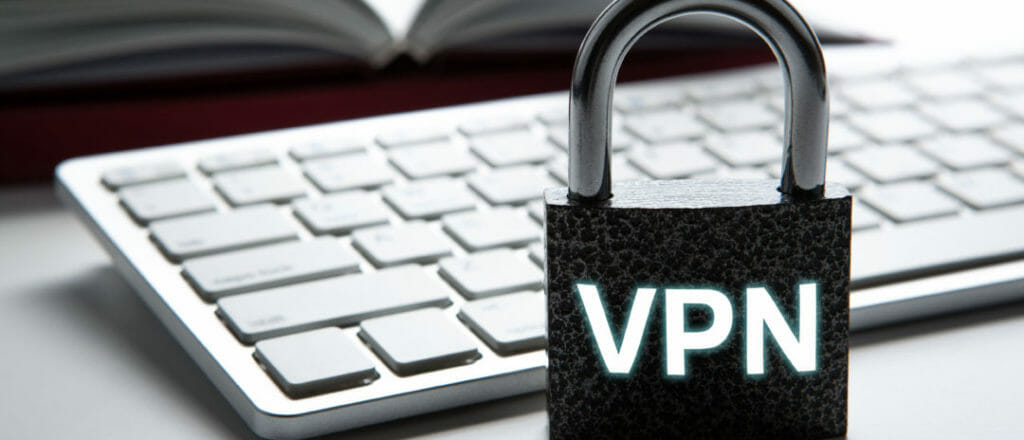
The novel coronavirus has forced millions of people to work from home, triggering cybersecurity challenges for companies worldwide. It is now imperative for organizations to support and protect their work-from-home employees for a prolonged period. There are various ways a firm can protect their employee, and one of them is reviewing your virtual private network (VPN).
Companies can secure their network by reducing the VPN gateway, and avoid using default VPN settings, verify cryptographic algorithms comply with the Committee on National Security Systems Policy. It is also a good idea to remove unused cryptography suites and update VPN gateways.
Here’re are a few things you can do to secure your VPN connections:
Use the most recent version of your VPN software
During this lockdown, firms should ensure that their VPN is always up to date. We have already observed that cybercriminals are using vulnerable pulse VPN software to place ransomware on networks. Once compromised, cybercriminals can easily access all active users and their plain-text credentials on a VPN. They can even execute arbitrary commands on each VPN client after connecting with the VPN server.
Review your VPN connections
Today, it is more crucial than ever for organizations to review their VPN connections. Start by reviewing your VPN setting to optimize the management of the system. Previously, the best practice was to route all traffic through the VPN tunnel, which is not available anymore. Now, click-to-run is used to split the traffic, and office 365 is used to go through the users’ internet connections, whereas the rest of the traffic is directed over the VPN.
Businesses must set-up a device tunnel for their employees working from home as it allows users to use cached credentials without any risks. It also allows administrators to manage distantly connected VPN clients without having a user logged on.
Filter VPN traffic
There are many different additional steps that you can take to protect and defend your VPN connections after setting them up. Remember that cybercriminals are more likely to scan and attempt to enter your network through a VPN connection.
To secure your VPN, you must set strict traffic filtering rules to limit the ports, protocols, and IP addresses of network traffic to VPN devices. The use of firewalls for inspection and monitoring of IPsec traffic can help if you don’t have a specific IP address filter.
Check and update VPN settings
Check the default settings and wizards used to set up your VPN to spot loopholes and prevent possible attacks. It may contain older, vulnerable settings that can make it easy for cybercriminals to make their way into your VPN server. It is also a good idea to review your VPN while setting it up on a firewall. On top of that, be sure to review your VPN configurations and update them according to the latest security protocols.
Apply VPN patches
Deploying patches on your virtual private networks can add additional security layers to your network. Make sure to upgrade the VPN servers and patch them on time. Reviewing the patching processes for firewalls and other VPN platforms can save you from many cybersecurity risks.
